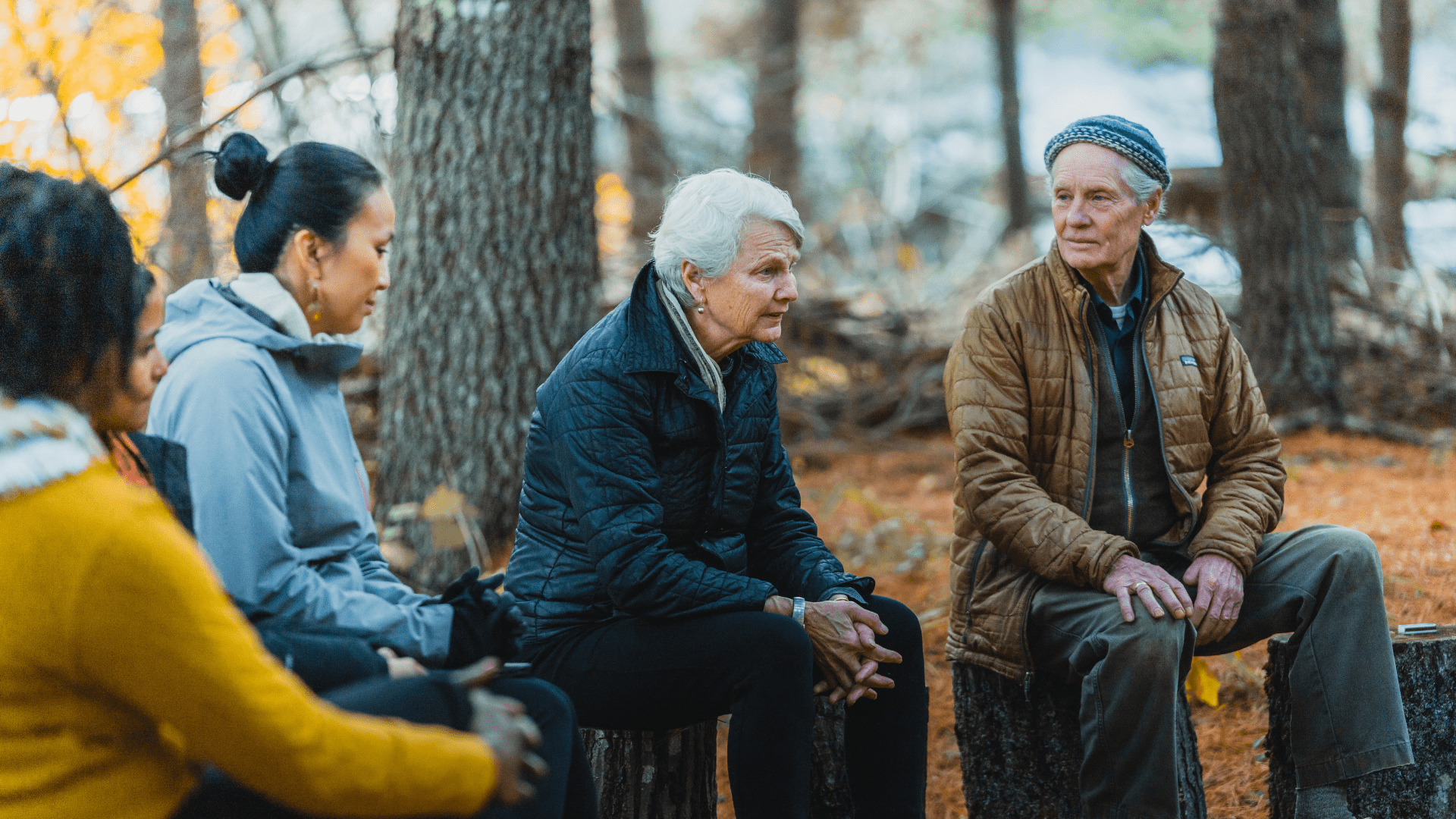
It’s no secret that many of us are tired. In fact, we’ve moved beyond tired to the burnout that can make it hard to feel motivated.
In Nova Scotia’s community impact (non-profit) sector — the non-profit, charitable and voluntary organizations working to enhance our collective well-being — this trend is acute and reaching a point of crisis.
Leading societal change takes energy. Despite being determined, visionary and resilient, many of the people working to deliver services in Nova Scotia are reaching their edge in terms of being able to consistently show up to help communities and people survive and thrive. This reality wasn’t created by COVID-19, but the pandemic has pushed the urgency of the situation to the brink.

Leading societal change takes energy. Despite being determined, visionary and resilient, many of the people working to deliver services in Nova Scotia are reaching their edge
Annika Voltan (she/her)
Executive Director, Impact Organizations of Nova Scotia
Often when we think about non-profits and charities, images of bake sales and collecting donations come to mind. But this sector is so much more. These are the people who focus their work to address the social, economic and environmental challenges we are facing, which are becoming increasingly complex and overwhelming. They are some of our most important contributors to the quality of our social determinants of health — the conditions in which we are born, grow, work, live and age. They are engaging in complex stakeholder relations, innovation, strategy and entrepreneurial thinking to grow their impact, but are often under-resourced and under-valued.
There are nearly 6,500 registered non-profits and charities in Nova Scotia. The sector is diverse and covers a wide range of activities, including social services, housing, sports and recreation, environmental work, arts and culture. They all contribute to our health and well-being and often depend on a mix of resources for operating, such as grants, donations, volunteer time and revenues generated through sales of tickets. In some cases that is working fine, but in others it is a crisis waiting to happen.
The social services delivered by this sector include support and care services for children, families, youth, disabled people and the elderly, as well as shelters, refugee assistance, income support and material assistance (for example, food banks, clothing, transportation) for those in need. These services are essential for ensuring that people have access to basic necessities and opportunities to get to a better place. Despite their value to so many lives, these organizations, their staff and volunteers are often operating on short-term grants and with insufficient resources to do the work needed.
Often when we think about non-profits and charities, images of bake sales and collecting donations come to mind. But this sector is so much more.
The reality of our current resourcing model is that organizations spend large amounts of time focused on applying for funding and reporting on spending. The unpredictability of this model means organizational commitments such as job security, benefits plans and long-term lease agreements are often out of reach. Furthermore, most grants offer minimal flexibility for supporting administrative work and operations in favour of directing more funds at programming. But the administrative burden in the sector is high given the reporting requirements and the need to keep board members adequately informed to govern. Combined, these factors are leading to mounting levels of burnout for a portion of workers in our province that, while skilled, are often underpaid with minimal health benefits. It’s not
New Identity
So, what can be done? In February, the Community Sector Council of Nova Scotia became “Impact Organizations of Nova Scotia,” or IONS. This new identity is the result of many conversations and engagement with organizations across the province and it has a specific purpose: to shift the narrative on the value and role of our community impact sector. It is an important first step in shining light on why we need to examine how this sector is resourced, employment conditions and funder expectations.
We are working together across the sector through the Nova Scotia Nonprofit Coalition to have conversations about the potential for transformative systems change that could lead to a more sustainable model. This is necessary work, and critically important for the future of the nonprofit sector and each person it impacts — every Nova Scotian.
On April 29th, IONS and United Way Halifax, in partnership with the province of Nova Scotia, will hold a Day of Recognition for the community impact sector where we will celebrate the people and organizations working to make our province a better place. The virtual event will be live-streamed from 1-3 p.m. You can register using the link below.

COMMUNITY IMPACT SECTOR DAY OF RECOGNITION
Join us in celebrating the people and the impact organizations (nonprofits) that tirelessly serve our province, strengthening our quality of life and delivering a range of vital services to meet the needs of those in Nova Scotia.
0 Comments